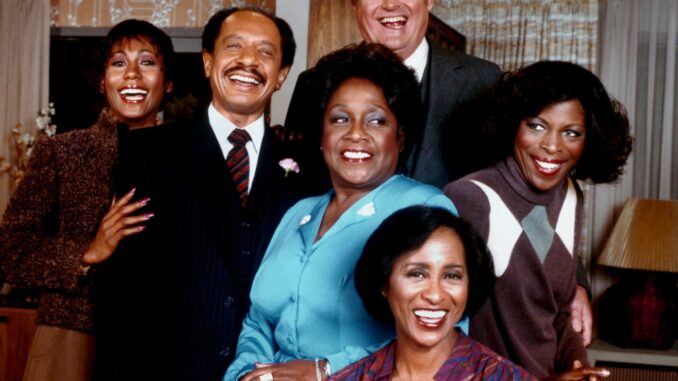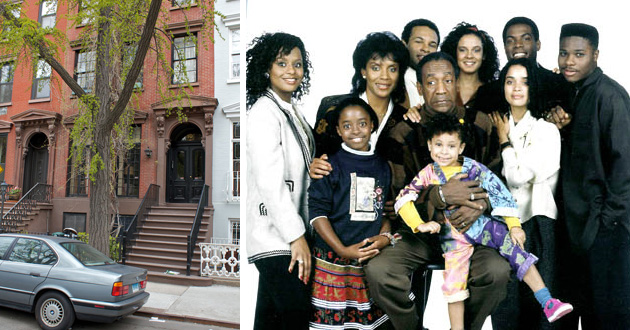
Thirty years after its debut, The Cosby Show remains a cultural touchstone, shaping conversations about family, race, and societal values.
As one of the most groundbreaking sitcoms in television history, the show introduced America to the Huxtable family, offering not just laughs but meaningful life lessons that continue to resonate across generations. When The Cosby Show first aired in 1984, it revolutionized the way African American families were portrayed on screen. For the first time, audiences saw a successful, loving African American family at the center of primetime television. The Huxtables were relatable yet aspirational, showing viewers that family dynamics could be complex, caring, and humorous, regardless of race or background.

At its core, The Cosby Show taught lessons about parenting, responsibility, and integrity. Cliff and Clair Huxtable, played by Bill Cosby and Phylicia Rashad, navigated raising their five children with patience, humor, and unwavering principles. Episodes tackled everyday challenges like sibling rivalry and schoolwork, while also delving into larger societal issues such as racism, gender equality, and the importance of education.
One of the key aspects that set The Cosby Show apart was its focus on promoting education and personal growth. The Huxtable children were consistently encouraged to pursue their dreams, work hard, and think critically about the world around them. This emphasis on education was especially powerful at a time when few TV shows celebrated the academic achievements of African Americans.
In many ways, the show’s appeal transcended race and class. Audiences of all backgrounds connected with the Huxtables because their struggles and triumphs were universal. The series highlighted the importance of communication, love, and mutual respect within a family. Whether it was a heart-to-heart talk between Cliff and one of his kids or Clair offering wisdom with her signature no-nonsense style, viewers could always expect to learn something valuable.
Even though The Cosby Show ended its run in 1992, its influence is still felt today. Its portrayal of a nurturing, middle-class Black family laid the groundwork for future sitcoms that followed in its footsteps, such as Family Matters and Black-ish. Beyond its entertainment value, the show remains a beacon of positive representation and continues to inspire discussions about culture, identity, and the enduring power of family.
